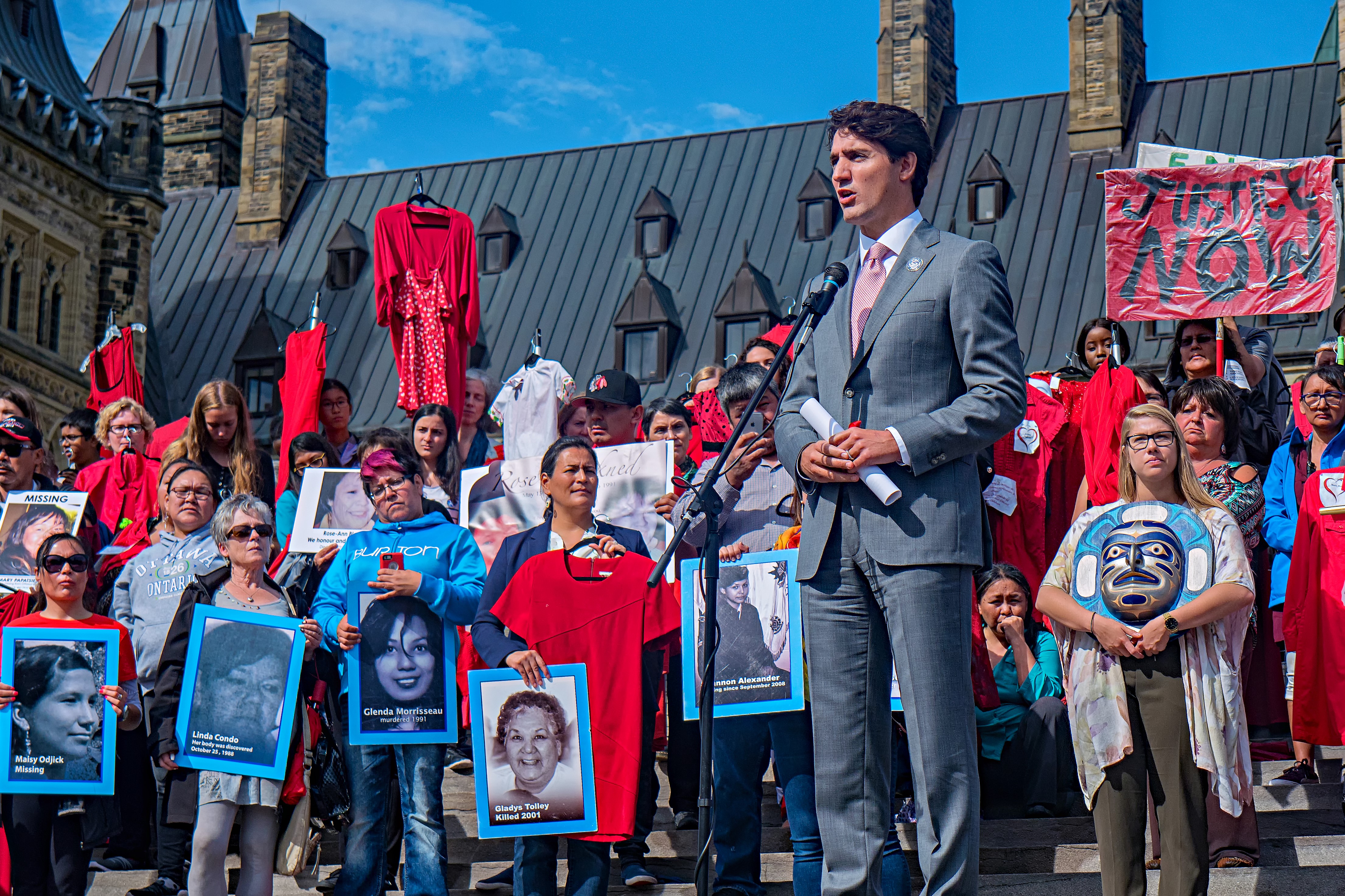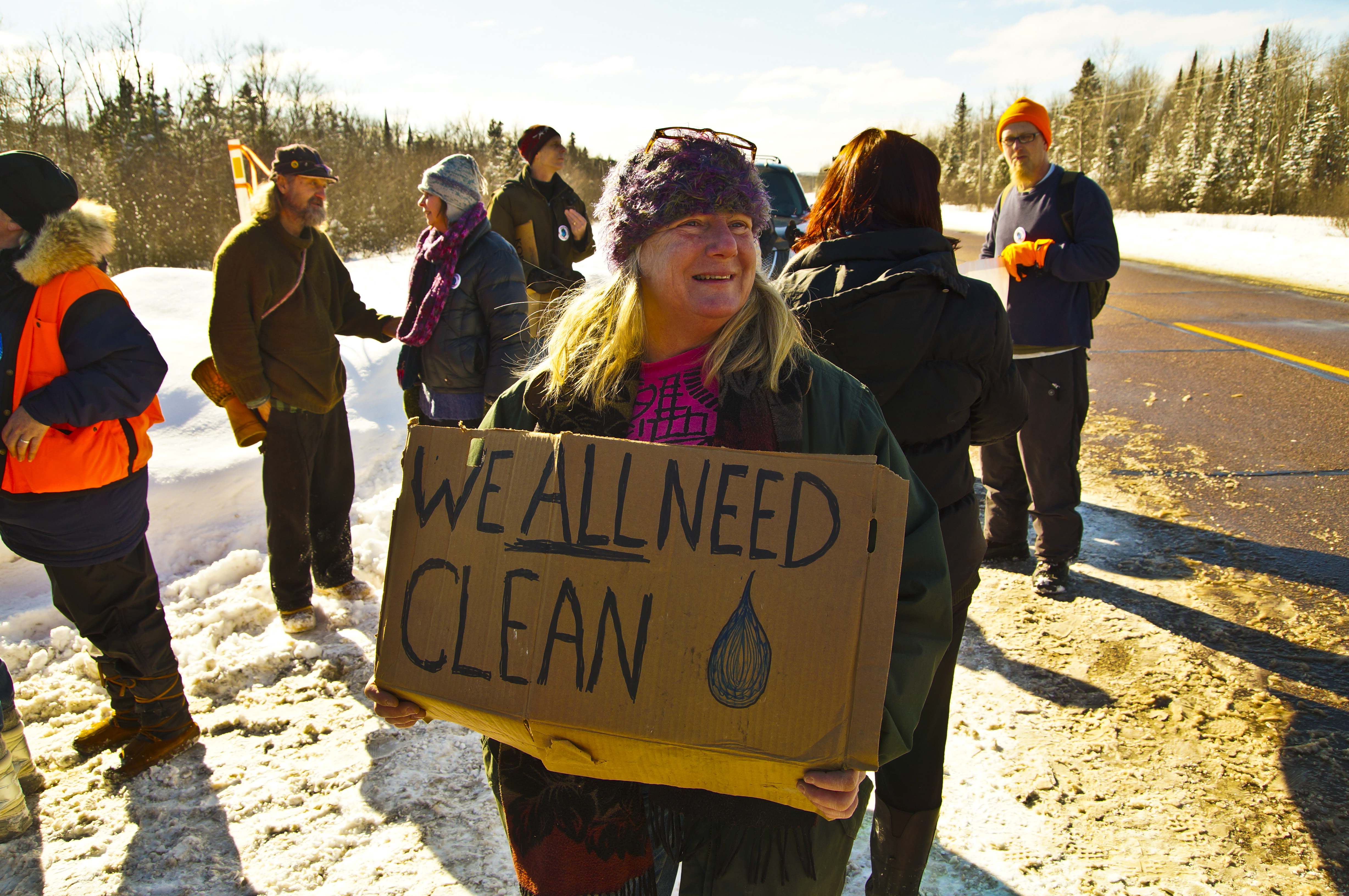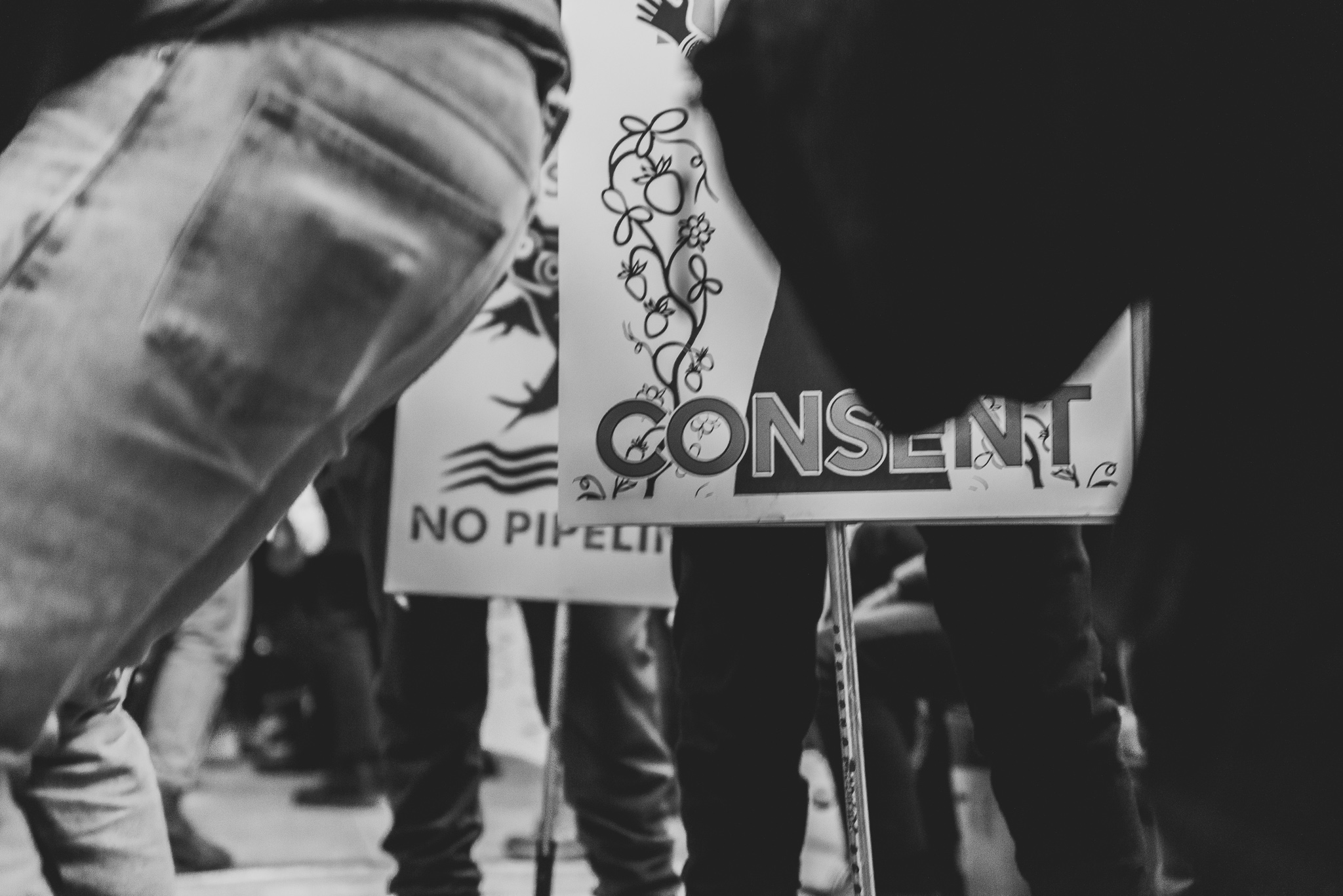Riyana Karim
Riyana Karim-Hajiani is a student at McGill University pursuing a B.A. in Political Science as an Honours student. Currently in her third year at McGill, she has been a longstanding staff writer with the Catalyst. Particularly, she explores Indigenous socio-legal issues pertaining to the laws that affect Indigenous peoples and the rights of Indigenous peoples in Canada. She is an advocate for social justice and for rights distribution.
Romane Bonnier’s tragic death points to a pattern of increasing rates of femicide – the gender-based killing of women/girls – across Canada and an alarming surge in violence against women.
An HIV Epidemic Among Indigenous Peoples in Canada
What is clear is that while the Canadian health care system has been successful on some fronts such as vaccinating citizens, it is far from a model – it fails to protect those most socially vulnerable.
Indigenous Women, The Fastest Growing Prison Population in Canada
Canada’s justice system has a standing crisis that is the overrepresentation of Indigenous peoples that are incarcerated. However, for Indigenous women, this problem is a unique one. Indigenous women are the fastest-growing prison demographic in Canada, surpassing rates of Indigenous … Continue reading
Black Lives Matter, Justice, and Indigenous Peoples in the Canadian Correctional System
If the Canadian government wishes to reconcile and build meaningful relations with Indigenous peoples, it must prioritize new legislation that directly challenges discrimination and systemic racism of the justice system.
This Is the Turning Point
Harris’ victory points to a larger social issue; women continue to be dramatically underrepresented in high-ranking positions within politics, especially women of colour.
Canada’s Lost Indigenous Girls, a Nationwide Epidemic
As the country continues to struggle with deep-seated racism and sexism against Indigenous women, it is imperative that the issue of missing and murdered Indigenous women be taken more seriously.
Canada’s Waterless Indigenous Communities
Currently, there are 61 Indigenous communities that remain under drinking water advisories that require people to boil water before use or to avoid consumption altogether.
Echoes of Settler Colonialism in Canada’s Trans-Mountain Expansion Project
There is a need for increased two-way-dialogue between the Government of Canada and Indigenous peoples across the country.







